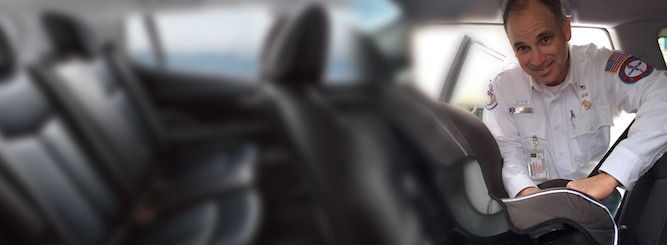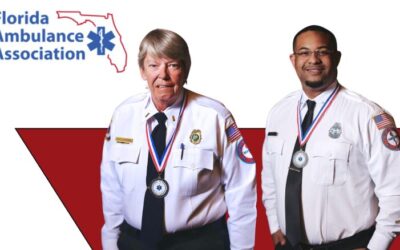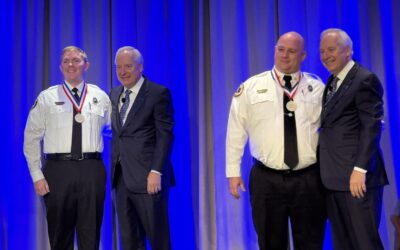Auto accidents are a fact of life, especially in a bustling area like Pinellas County. But there is plenty you can do to reduce the chance your child will be hurt in a wreck, starting by using a quality car seat, and using it correctly.
Here are eight things to think about as you work to ensure your child’s safety in your car or truck.
- Don’t use a previously owned car seat unless you know its history. Buying a car seat at a yard sale is taking a chance on your child’s safety, because you don’t know if the seat is past its expiration date (typically around a 6-year timeframe), or whether it’s been damaged.
- Do your homework on when a car seat or booster seat is required. As examples of applicable laws, children 3 and under are required to be in a car seat, while kids 5 and under are required to be in an “appropriate restraint mechanism.” Then, for children up to age 9, rules depend on a child’s height and weight. For more information about child passenger safety, you can contact Sunstar Paramedics at 727-582-2090.
- Having children under 13 in the back seat is the safest place for them to be. Front-passenger airbags simply aren’t designed for kids.
- It’s important that your child is in a rear-facing car seat until age 2, or until the car seat manufacturer’s requirements allow for facing the child forward. Studies have shown that infants can have more serious injuries if facing forward, where they could suffer injuries to their neck and head in an impact.
- Think about items in the car that could cause injury in an accident. It isn’t uncommon for a child to be hurt by something flying through the car in an accident. This could be anything from a bowling ball to a screwdriver to a water bottle. Either secure such items or don’t keep them in the vehicle. Also, don’t attach toys to car seats that could cause an injury.
- While driving, resist the temptation to be constantly looking at your children and reaching back to sooth them. Reducing distractions makes you a safer driver. Resist reaching back to a child, texting or fiddling with the radio.
- Have a second key available in case you lock the keys in your car. Think about using an item such as a small key box that can be attached somewhere on the car.
- There are free classes available to help you understand the law and help make sure you are being safe. Sunstar Paramedics offers regular classes on child passenger safety (CPS). For information and to find out when the next classes are, go to www.AllKids.org/CarSeatClass.
Additionally, Sunstar is certified by the State of Florida as an official CPS Inspection Station: http://www.nhtsa.gov/cps/cpsfitting/index.cfm.



